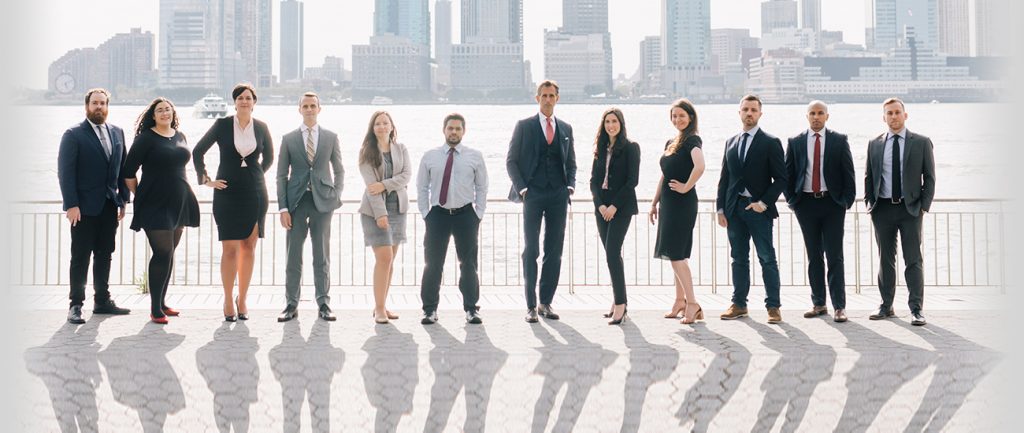In the grand tapestry of life, we weave dreams, build careers, and accumulate possessions. These things, tangible and intangible, become our legacy, a testament to our time on Earth. But what happens to that legacy when the final chapter is written? Without proper planning, our wishes for our loved ones and the fruits of our labor can be lost in a tangle of legalities and family conflict. This is where estate planning steps in, acting as a safeguard for your legacy and a guiding light for those who come after you. Estate planning is not just for the wealthy. It is a crucial step for everyone, regardless of age or net worth. It is about ensuring your assets, from your treasured family home to your cherished heirlooms, are distributed according to your desires. Imagine a scenario where the state, not you, dictates who receives your belongings. This can lead to a lengthy and expensive probate process, leaving your loved ones in financial limbo and potentially sparking disputes amongst them. With a comprehensive estate plan in place, you have the power to avoid this entirely.
The cornerstone of most estate plans is a well-crafted will. This legal document allows you to explicitly state who inherits your assets and how you want them distributed. You can name guardians for minor children; designate beneficiaries for life insurance policies, even specify your wishes for funeral arrangements and Call Today. A will brings clarity and peace of mind, ensuring your loved ones receive what you intended and are spared the burden of guesswork and potential conflict. But a will is just one piece of the estate planning puzzle. Life can be unpredictable, and there is a chance you may become incapacitated due to illness or injury. This is where a power of attorney comes in. This document grants legal authority to a trusted individual, allowing them to manage your finances, healthcare decisions, and other essential matters if you are unable to do so yourself. Choosing the right person for this crucial role is vital. It should be someone you trust implicitly, someone who understands your wishes and will act in your best interests.
A trust is essentially a legal entity that holds assets on behalf of beneficiaries. It allows you to set specific conditions for how and when those assets are distributed. Trusts offer greater flexibility than wills when it comes to managing and distributing assets. Finding the right estate planning attorney is key to safeguarding your legacy. Look for an attorney with experience in estate planning and who specializes in cases similar to yours. During your initial consultation, discuss your goals, concerns, and family dynamics. A good attorney will be a patient listener, answer your questions thoroughly, and tailor an estate plan that reflects your unique circumstances. Estate planning can be an emotional process, prompting us to confront our own mortality and consider the futures of those we love. But remember, it is ultimately an act of love and responsibility. By taking the time to plan now, you are ensuring your legacy is protected and your loved ones are taken care of. You are giving them the gift of clarity, security, and the knowledge that their well-being was your top priority. Do not let your legacy be left to chance. Take control of your future and safeguard what matters most today.




